
Some mistakes could ruin your washer/dryer
Treat your appliances well, and they’ll last much longer. Chances are you might not even realize the mistakes you’re making that could shorten the life of your washer/dryer. Keep these things in mind, so your unit runs like new for longer.
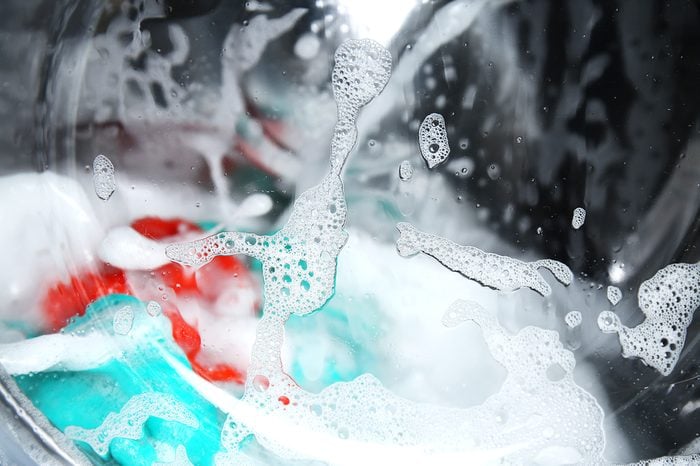
You run the washer/dryer more than you need to
“The life of a laundry machine is completely dependent on how often it’s run,” say the tax experts at H&R Block, who provide that information to help inform commercial taxpayers on depreciation and individual taxpayers on budgetary concerns. Try to stick to eight loads a week or less, which they say will “yield an average of a (low) double-digit life,” regardless of the type of machine (front-loading or top-loading, for example).
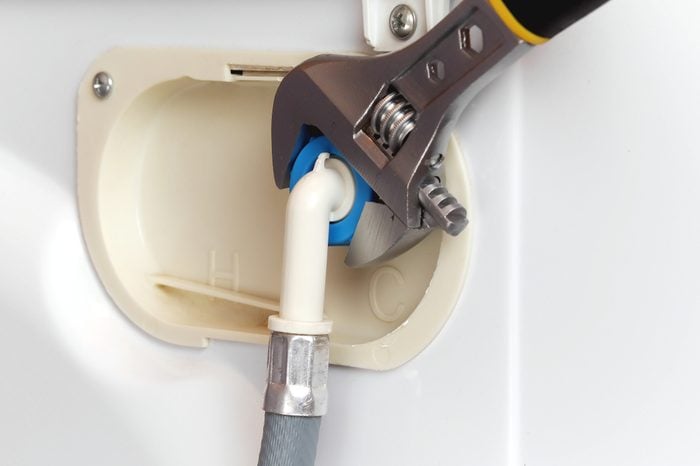
You didn’t have your washer/dryer professionally installed
Proper installation is critical for all laundry machines. For one, they must be installed “level,” according to one Home Depot sales associate who spoke to Reader’s Digest. Depending on the peculiarities of your floor, that can be more or less complicated. As for dryers, proper venting is critical, and proper venting means selecting the appropriate size and material for your venting tube as well as proper placement of the tube to permit optimal air flow. If you installed your own machines, consider having a professional eyeball your work.
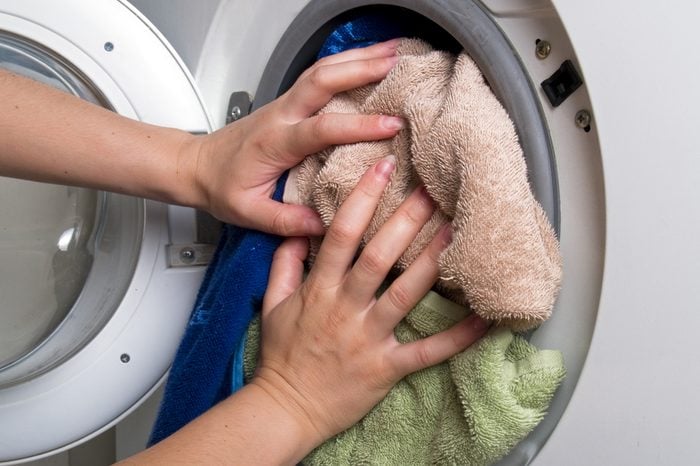
You’re stuffing your machine
Neither washers nor dryers work optimally when overstuffed, and worse, they have to work harder than they should when they’re too full. That increases wear and tear on the machine’s mechanisms such as the washing machine’s central agitator. Plus, if you pack too many clothes into the machine, some detergent residue could be left behind—which will attract more dirt next time you wear the clothes. You’ll also want to take care that these 11 things never end up in your washing machine
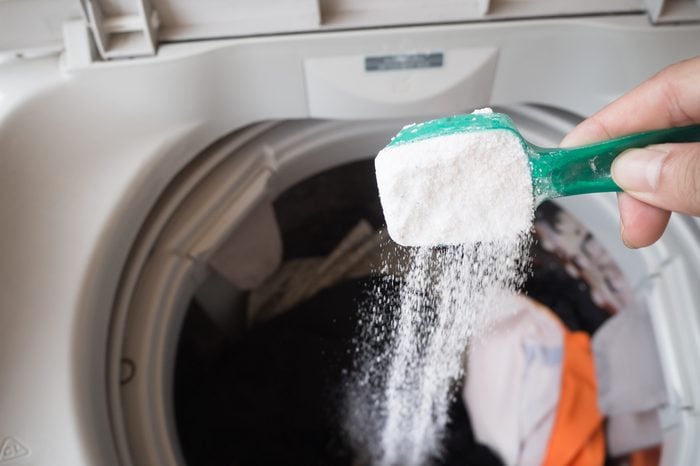
Using too much detergent
Using more detergent than the manufacturer recommends is bad for your washing machine, according to Angie’s List. Using too much soap leads to more suds, which could cause your washer to overflow. Have a high-efficiency washer? They require even less soap to wash clothing properly, so be sure to skimp on the detergent and only use soaps marked safe for HE washers. Here’s one way to tell if you’re actually using too much laundry detergent.
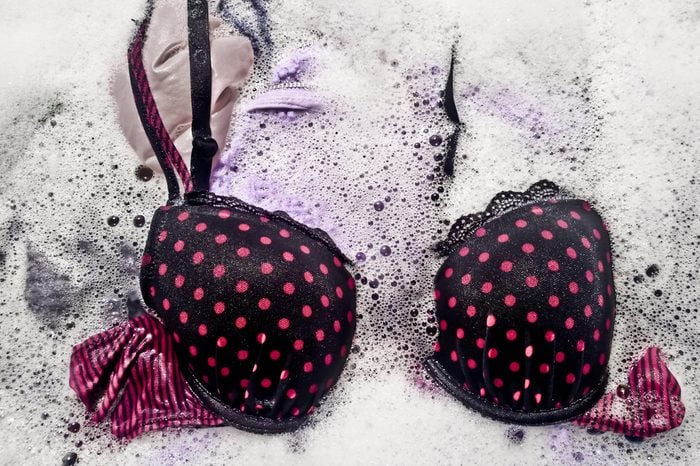
Washing stuff you shouldn’t be washing
Handwashing certain items is not just for the sake of said item, but also better for your washing machine, too. Hooks and underwires from lingerie can damage your washing machine’s drum, while zippers can scratch the door of your front-loading machine.
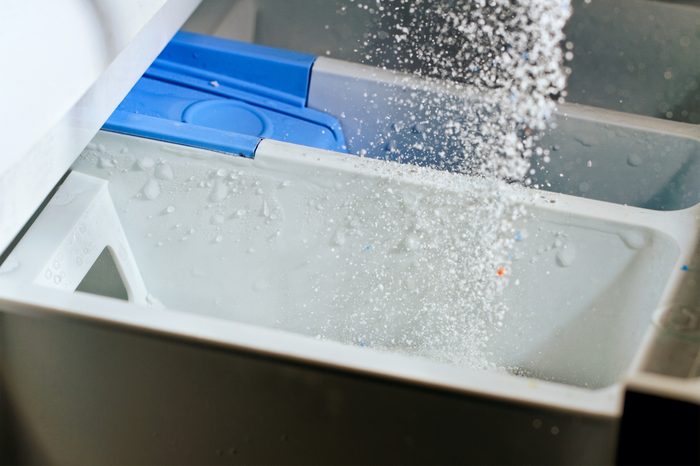
Not cleaning out your washing machine’s dispensers
“When you’re done washing a load of laundry, wipe down the detergent and fabric softener dispensers,” Angie’s List advises. “If you don’t, the build-up could cause a clog.” You should also be washing your washing machine monthly if your owner’s manual recommends it.
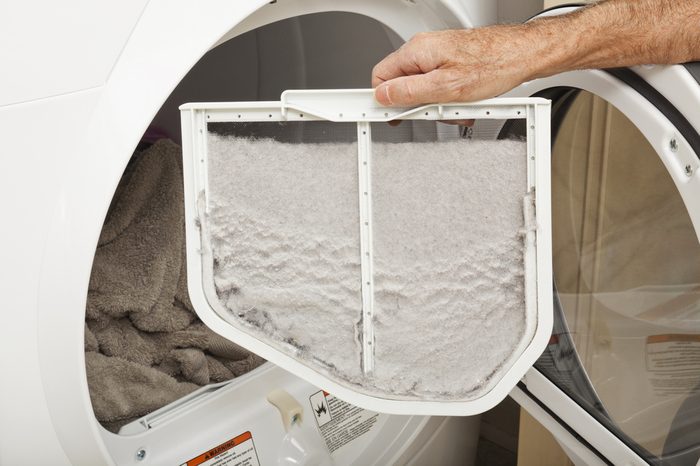
Not cleaning out the lint from your dryer
You should be cleaning the lint out of your lint-catcher every time you run the dryer. Leaving lint in the dryer filter lowers the efficiency of the machine by slowing down the drying process. It can also cause the dryer to overheat and possibly catch fire.
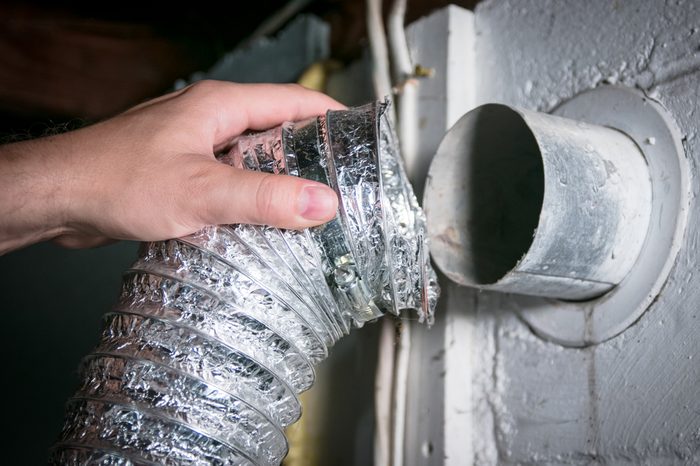
Not regularly maintaining your dryer vent
Maintaining your dryer vent (the tube that directs moisture and lint out of the dryer drum and out of the house) is crucial to keeping your dryer in good working order. A good rule-of-thumb is to have your dryer vent inspected and cleaned out once per year, according to Ivey Engineering, an engineering consulting company that serves as an expert witness in cases involving dryer fires. Dryer fires are just one of the 15 hidden home dangers you should brush up on avoiding.
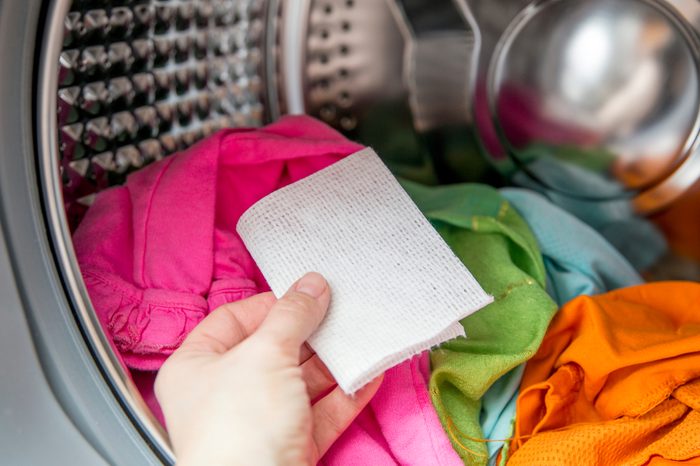
Overusing dryer sheets
“Dryer sheets might make your clothing soft, static-free, and smell fresh, but they have a waxy layer that melts in the dryer,” advises Angie’s List. Using too many can gum up the appliance. But no matter how many dryer sheets you use, you need to be cleaning your lint trap on a regular basis—not just cleaning out the lint but actually removing the lint trap and soaking it in sudsy water every couple of months (or more often if you’re also using fabric softener in the washing machine, which also leaves a residue in the dryer). These are the things smart homeowners do once a week.
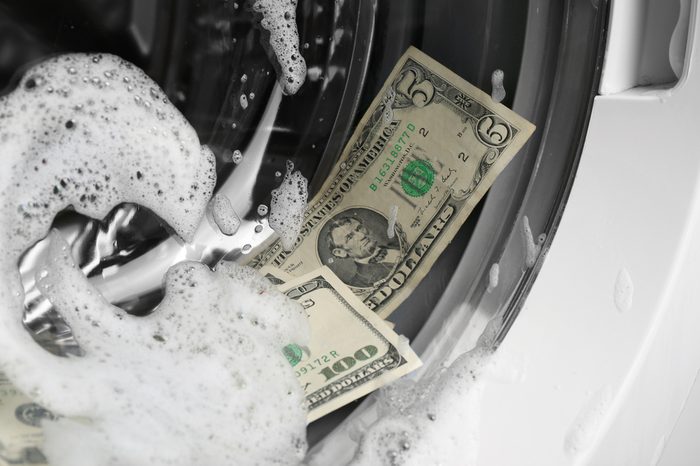
Leaving stuff in your pockets
Gum, tissues, even coins, and paper money can clog your washer drain, and if they don’t fall out of your pockets during the wash cycle, you’ll probably hear and/or see them spinning around the dryer, which isn’t good for your dryer’s inner workings. So empty your pockets before throwing your clothes in the wash for the sake of your laundry machines running smoothly, efficiently, and over many years.
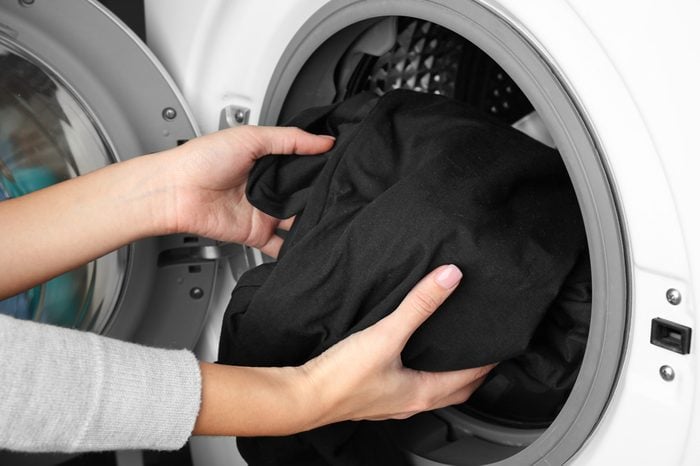
Not taking clothes out of the washer right away
A big problem with washing machines is mold. Mold can lead to a foul-smelling machine, which is definitely going to shorten its life. To avoid mold, take your clean clothes out right away. Bonus points if you also leave the washer door open to allow the machine to air-dry between loads.
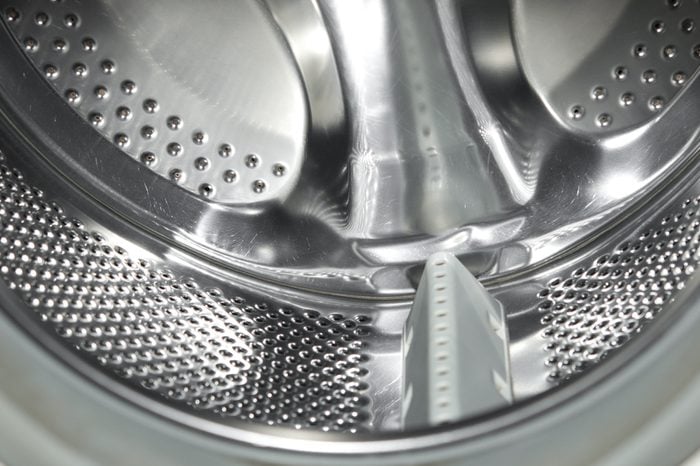
Drying stuff you shouldn’t be drying
If you’re planning on drying anything besides clothing, bedding, and towels, check the manufacturer’s instructions to see if you’re actually going to be harming your dryer in doing so. For example, some dryers are not meant to dry rubber, so if you’ve washed your bathroom rug (with a rubber back), don’t dry it in the dryer unless the instructions say it’s OK. Here are 14 things that should never end up in your dryer.
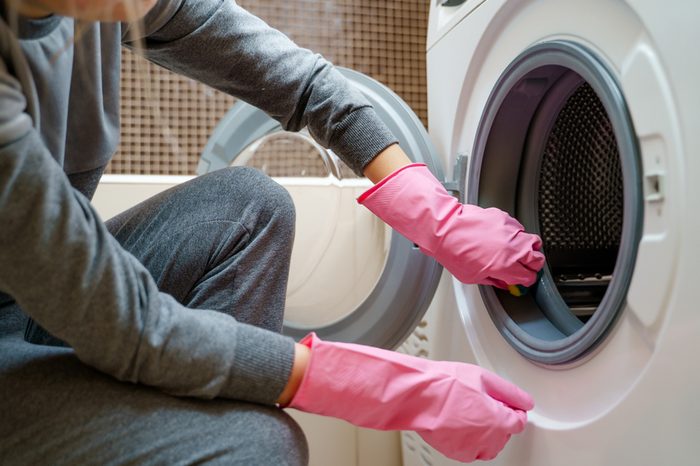
Not reading and following the manufacturer’s maintenance instructions
When Consumer Reports asked laundry machine manufacturers what consumers can do to extend the life of their laundry machines, the same answer kept coming up: follow the manufacturer’s instructions for maintaining the machine. With washing machines, that almost inevitably involves cleaning the wash drum (did you realize you needed to clean your washing machine? Well you do!). Many modern washing machines have self-cleaning cycles.
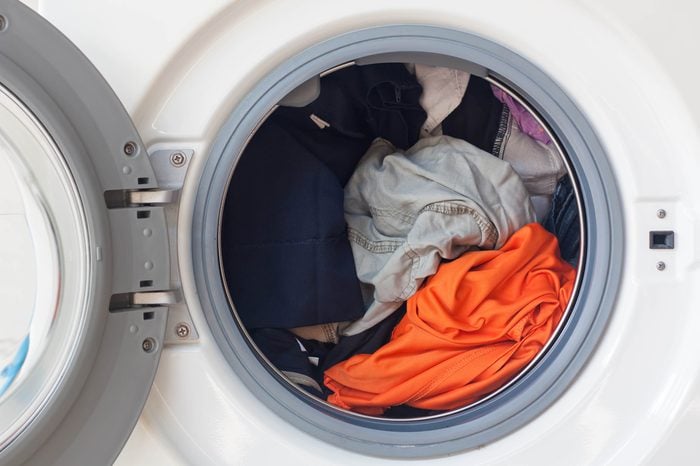
Drying the wrong things together
Sorting laundry isn’t just for the sake of keeping your whites white. The Home Depot appliance salesman Reader’s Digest spoke to told us never to dry “towels with t-shirts.” When we asked him to elaborate, he explained that your dryer works best when it’s drying items of similar weight and that mixing items of significantly different weight can throw off the balance of the machine. Read on to find out 16 surprising things you can wash in your washing machine.
